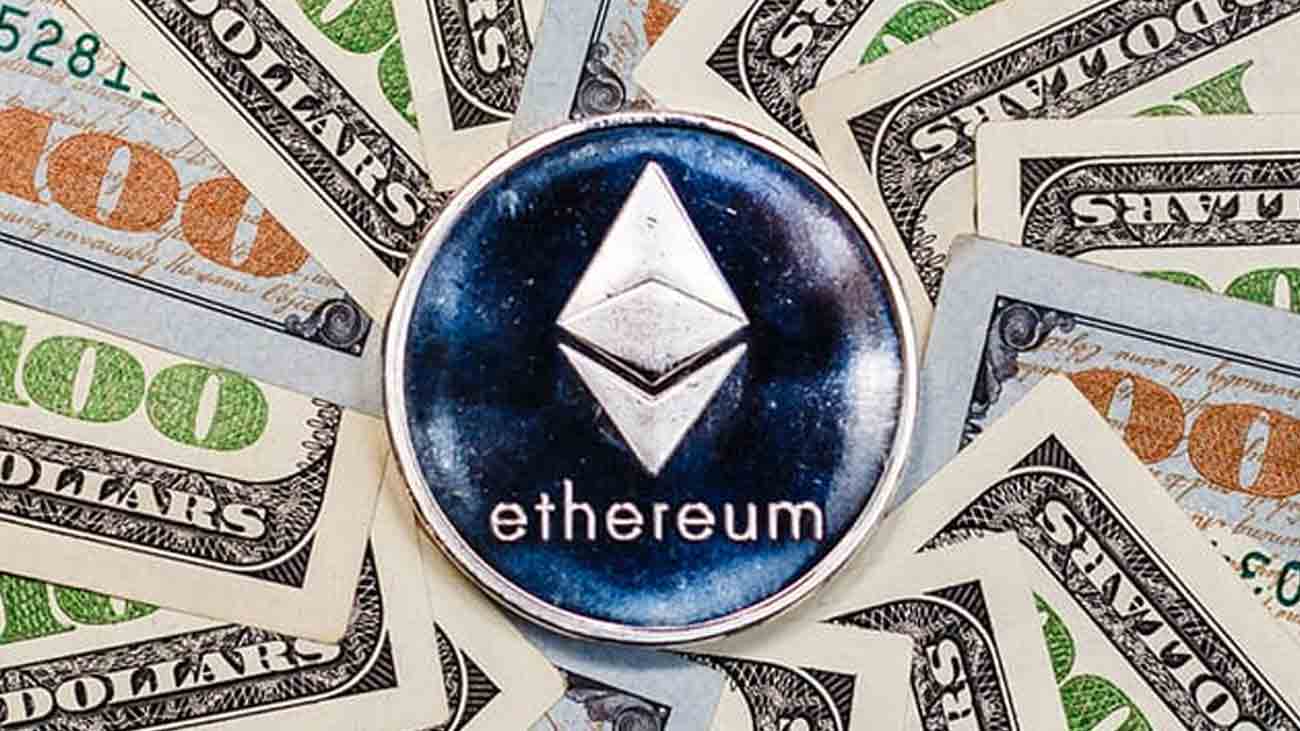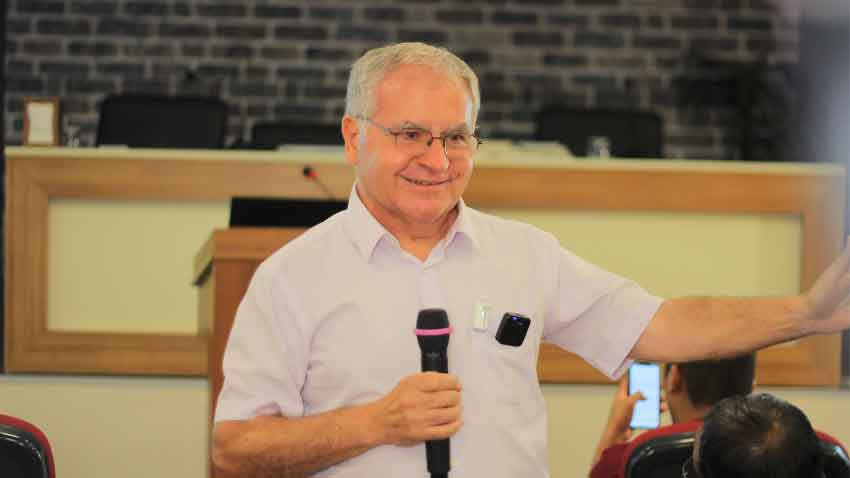
The prosecution accused Anton Peraire-Bueno, 24, and James Peraire-Bueno, 28, of wire fraud and money laundering, as reported by BBC. The accused each face over 20 years in prison if found guilty.
Prosecutors also say the pair, reportedly educated at the Massachusetts Institute of Technology (MIT), carried it out in April 2023.
Terming the alleged heist the first of its kind, Deputy Attorney General Lisa Monaco said, "The Peraire-Bueno brothers stole $25 million in Ethereum cryptocurrency through a technologically sophisticated, cutting-edge scheme they plotted for months and executed in seconds.”
She added that agents from the Internal Revenue Service (IRS) played a key role in unravelling the "first-of-its kind wire fraud and money laundering scheme".
Prosecutors allege the two used highly specialised skills that they learned at "one of the most prestigious universities in the world" to exploit Ethereum's process for validating transactions.
The brothers studied mathematics and computer science, according to the indictments, and both attended MIT, according to news reports.
"The defendants" scheme calls the very integrity of the blockchain into question," US Attorney Damian Williams said in a statement on Wednesday, referring to the public ledger that records crypto payments.
The brothers allegedly stole from Ethereum traders by fraudulently gaining access to pending private transactions and then altering the transactions to obtain their victims' cryptocurrency.
The process, which investigators say they referred to as "the Exploit", took only a matter of seconds to execute.
When confronted by a representative for Ethereum, officials say the brothers declined to return the funds and took steps to launder and hide their stolen gains.
Prosecutors note that this is the first time that such a "novel" form of fraud has ever been subject to criminal charges.




